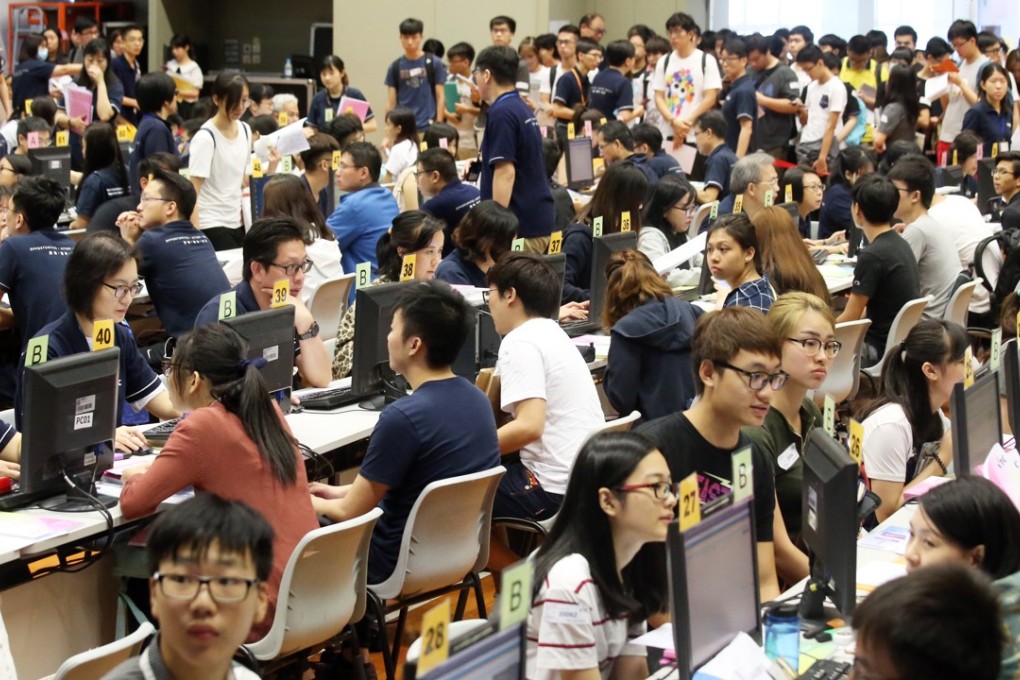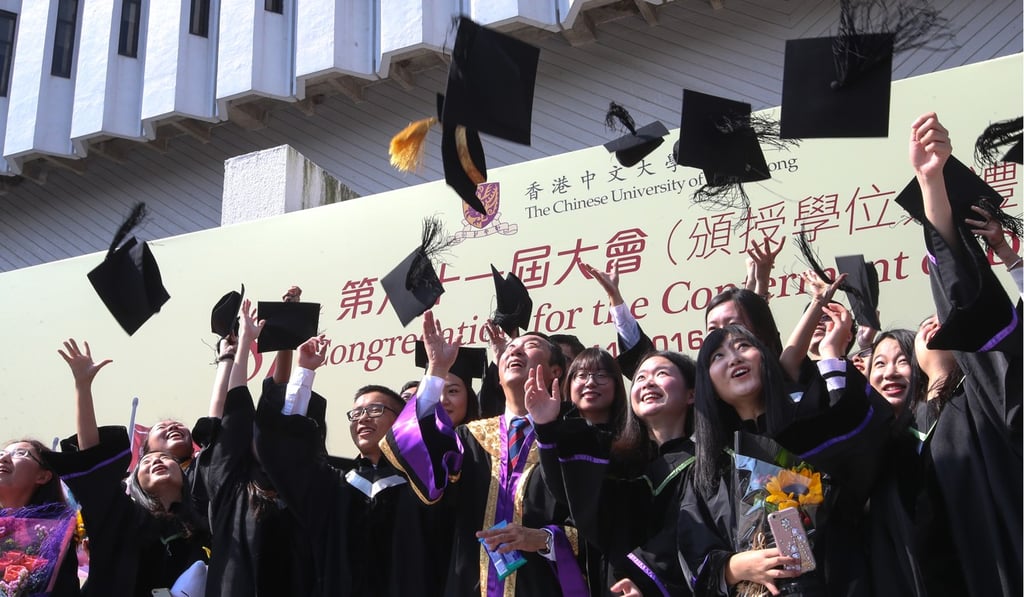Will Carrie Lam’s education subsidies improve the careers of Hong Kong students?
Regina Ip questions the government aid for self-funded courses, given that even university places are not being filled, graduate wage levels are falling and Hong Kong’s economy seems unable to create enough jobs requiring higher skill levels

Hong Kong lawmakers approve extra cash for education after angry final session

Hong Kong parents’ strong desire for their children to be degree holders is well-known. Yet, whether the additional funding of roughly HK$1 billion for students enrolled in self-funded tertiary institutions would actually bring about quality higher education in the long run remains to be seen.
The subsidy scheme to provide students of self-funded institutions with HK$30,000 per year is not a a voucher scheme, as originally conceived by Milton Friedman. A voucher scheme, which would give the money directly to students, would also give them the freedom to choose, and use market discipline to flush out institutions that are not up to scratch.
The subsidy scheme cannot guarantee the long-term viability of self-funded institutions
Under the government’s subsidy scheme, the money will go to the self-funded institutions, which will be paid HK$30,000 for each student enrolled. Students will have to pay the full tuition fee upfront, and inquiries are already pouring in regarding when and how they will be reimbursed.